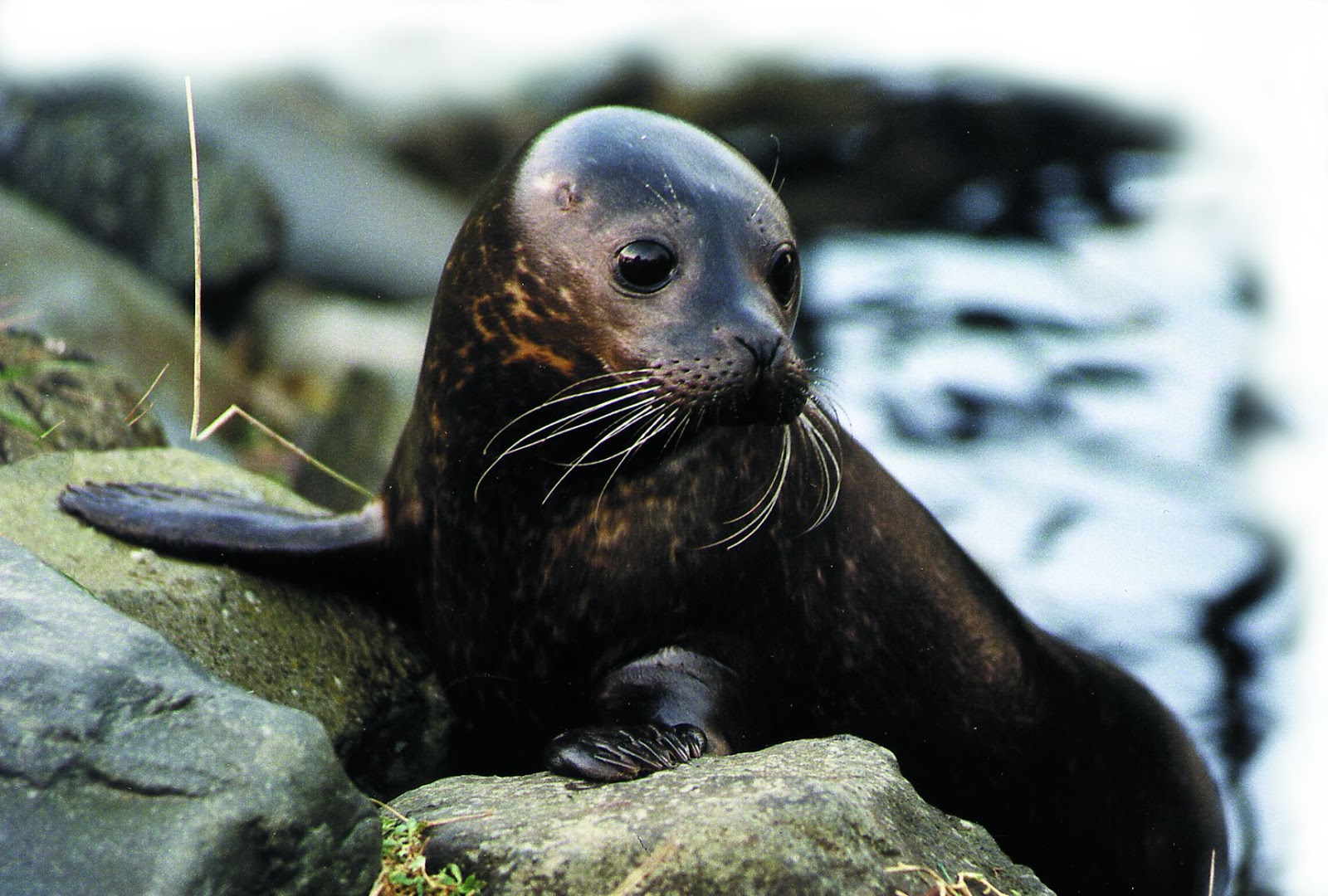Introduction to Seals: The Fascinating Marine Mammals
Seals are intriguing marine mammals that have captivated human imagination for centuries. Known for their playful nature and unique adaptations to the aquatic environment, seals are found in various regions across the globe. In 2024, as we continue to explore the wonders of our natural world, seals remain a subject of fascination and study. This article delves into the world of seals, offering insights into their behavior, habitat, and the challenges they face in today's rapidly changing environment.
The Different Types of Seals: From Fur Seals to True Seals
Seals are part of the pinniped family, which also includes sea lions and walruses. They are generally divided into two main groups: true seals, also known as earless seals, and fur seals, which are part of the eared seal family. True seals, such as the harbor seal and the elephant seal, lack external ear flaps and are more adapted to life in water. Fur seals, on the other hand, have visible ear flaps and are more agile on land. Understanding these differences is crucial for appreciating the diversity of the seal family.
Habitat and Distribution: Where Do Seals Live?
Seals are widely distributed across the world, inhabiting both polar and temperate regions. They can be found in the icy waters of the Arctic and Antarctic, as well as in more temperate zones like the coasts of California and the Mediterranean Sea. Each species of seal has adapted to its specific environment, with some preferring the open ocean and others favoring coastal areas or ice floes. This adaptability has allowed seals to thrive in a variety of habitats, although climate change poses new challenges to their survival.
Read also:Jimmie Walkers Net Worth Behind His Financial Success
Climate Change and Its Impact on Seal Populations
Climate change is a pressing issue affecting all marine life, and seals are no exception. The melting of polar ice caps and rising sea levels have a significant impact on seal habitats, particularly for species that rely on ice for breeding and resting. Additionally, changes in ocean temperature can affect the availability of prey, leading to food scarcity for seals. Conservation efforts are crucial in 2024 to mitigate these impacts and ensure the survival of seal populations for future generations.
Seal Behavior: Social Structures and Communication
Seals are social animals with complex behaviors and communication methods. They live in colonies, which can range from a few individuals to thousands, depending on the species and location. Communication among seals involves vocalizations, body language, and even physical contact. During the breeding season, seals display fascinating behaviors, such as territorial disputes and elaborate courtship rituals. Understanding these social structures is essential for researchers studying seal ecology and behavior.
Breeding and Reproduction: The Life Cycle of a Seal
The breeding and reproductive strategies of seals are as diverse as the species themselves. Most seals give birth to a single pup after a gestation period that varies depending on the species. Pups are born with a thick layer of blubber and a soft, insulating coat of fur to protect them in their cold environment. Mothers are highly attentive, nurturing their pups until they are ready to fend for themselves. This period of maternal care is crucial for the pup's survival and development.
Seal Diet: What Do Seals Eat?
Seals are carnivorous mammals with a diet primarily consisting of fish and invertebrates. Their specific diet varies depending on their habitat and the availability of prey. Some seals, like the leopard seal, have a more varied diet that includes penguins and other seals. The hunting techniques employed by seals are as diverse as their diets, ranging from solitary ambush tactics to cooperative hunting with other seals. Understanding their dietary needs is vital for conservation efforts, particularly in areas where overfishing threatens seal food sources.
Human Interactions: Seals and Coastal Communities
Seals have long been a part of human culture and folklore, often depicted as playful and curious creatures. In many coastal communities, seals are an integral part of the ecosystem and hold economic importance through eco-tourism. However, human activities such as fishing, pollution, and habitat destruction have posed significant threats to seal populations. Balancing human interests with the need for conservation is a challenge that requires ongoing efforts and collaboration between scientists, policymakers, and local communities.
Conservation Efforts: Protecting Seal Populations
In 2024, conservation efforts for seals are more crucial than ever. Organizations worldwide are working to protect seal habitats, regulate fishing practices, and reduce pollution in marine environments. Protected areas and marine reserves play a vital role in providing safe havens for seals to breed and feed. Public awareness and education campaigns are also essential, as they help foster a greater understanding of the challenges seals face and the importance of preserving their natural habitats.
Read also:A Look Into The Bond Between Kim Porter And Tupac
Conclusion: The Future of Seals in a Changing World
As we look to the future, the survival of seal populations will depend on our collective efforts to address the challenges they face. Climate change, habitat destruction, and human activities continue to threaten these remarkable animals. By promoting conservation initiatives, supporting sustainable practices, and raising awareness, we can ensure that seals continue to thrive in their natural habitats. These fascinating marine mammals enrich our world, and it is our responsibility to protect them for future generations to enjoy and study.


